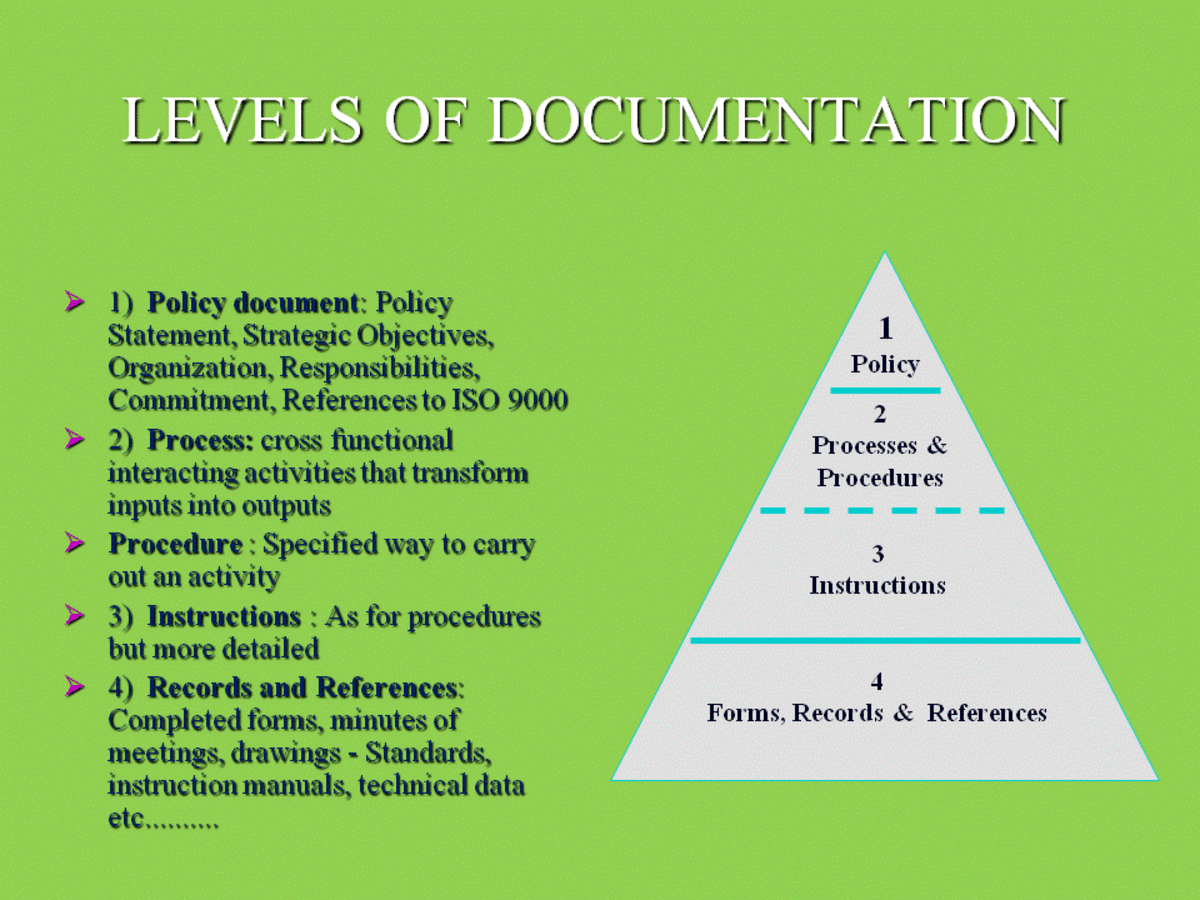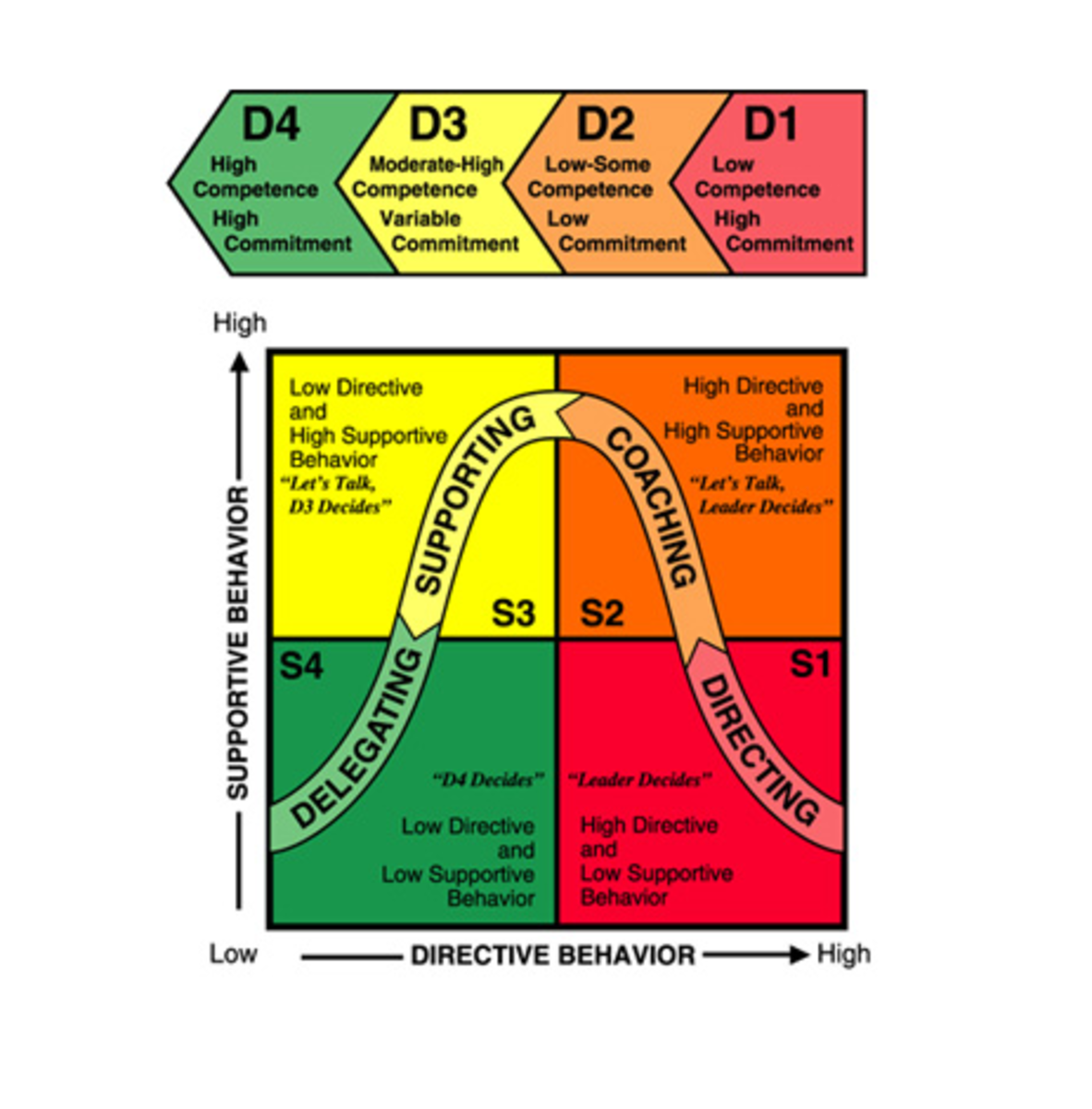How to Be Great at Negotiating

While there is no "one size fits all" model for fruitful negotiations, there are tried and true techniques that successful negotiators use frequently in all different settings. Whether the negotiations are collaborative, contentious or, like most, somewhere in between, the odds of you walking away from the deal satisfied with the result tilt in your favor when you employ these basic techniques.
Planning
First, go into the negotiations knowing what you want and being willing to ask for it. This may sound obvious, but you might be surprised how rare it actually is – especially from inexperienced negotiators. This step will require you to invest time and effort beforehand in research and analysis to ensure that you have some understanding of the range of possible outcomes available. This will give you an educated concept of the limits of negotiations before you engage. While you may gain new information once the process begins, the heat of negotiations is no place to conduct an investigation of the basic facts of your case. Knowledge is definitely power in negotiations of any type, so do your homework and learn as many of the answers to the "what ifs" as possible at the front of the process.

Listening
Once the negotiation process begins, talk less and listen more. Allow the other side to flesh out the outline of what you may already know or suspect by asking open-ended questions requiring narrative responses. Give "yes" and "no" answers to questions posed to you as much as possible. Use this technique in written communications as well as in face-to-face dialogues.

Presentation
In addition, place heavy emphasis on the benefits the other side will realize by giving you what you want. The fact that they are at the negotiating table at all indicates their desire to get a deal done. Remind them of their motivations to reach an agreement with you and what they stand to lose if no agreement can be reached. Make it worth their while to give you what you want as soon as possible.

Evaluating
Do not negotiate against yourself. As in any dance, progress is accomplished when the parties move together. After each round of negotiations, assess whether any movement toward agreement reflects concessions made by both parties. Do not let the pressure of feeling you should take anything or get nothing lead you to concede every point while the other side concedes nothing. Know your “floor” for concessions and do not go beneath it.

Relaxing
Perhaps most importantly, do not allow emotion to cloud your judgment while negotiating. For example, when negotiating for the best possible severance package, remove personality types and the like from the negotiations and focus on your goal. Professional slights and workplace grievances you feel should have been addressed while you were employed should not be brought into the negotiations. Accept that the employment relationship is over, and focus with a sense of optimism on achieving the best outcome possible from the negotiations so that you can move on with your life.
What do you think should be the basic strategy for a negotiation?
Final Considerations
Basic techniques like these have used by good negotiators for many years, and can be invaluable no matter what the specific situation in which you find yourself. Whether negotiations are collaborative or contentious, most of the time the parties involved in them do want to find common ground, at least to some degree. Relying on techniques like these can help make finding that common ground possible.







